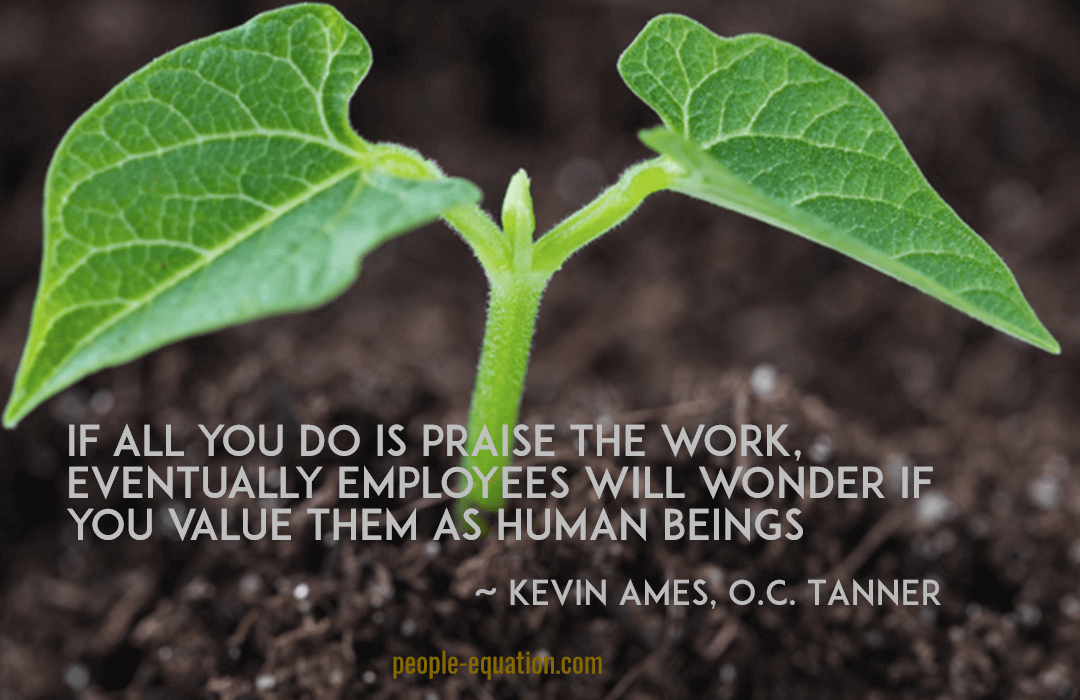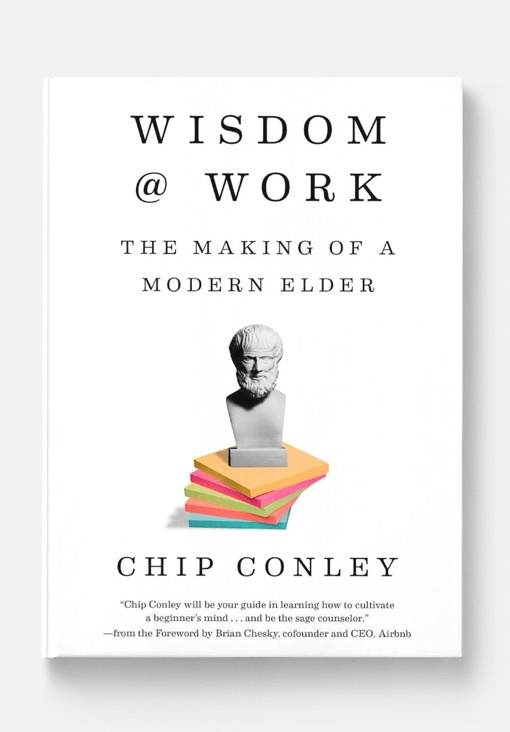Great leaders are like farmers; they plant seeds of greatness in their employees. Then these leaders provide all the conditions necessary for them to grow. So says Kevin Ames, co-author of Appreciate: Celebrating People, Inspiring Greatness. Ames, who is Director of Speaking and Training for recognition company O.C. Tanner recently spoke at the Influence Greatness 2018 conference.
One of the “seeds” that leaders can plant continuously is that of giving appreciation to your employees. Lucky for you, there is no “planting season” for appreciation—it blooms all year long. As an avid veggie gardener, I appreciate Ames’ metaphor. Further, he provided a distinction that many leaders miss: when praising employees, be sure to see the humanity in their efforts, not just the work they do.
Giving appreciation, says Ames, isn’t part of a company program, it’s a “moment” an employee experiences. And if done correctly, a moment after which the person leaves the interaction feeling appreciated. As such, you need to recognize the person first, then praise the work they do. Remember to say, “I appreciate you” [emphasis is mine] to employees. “If all you do is praise the work, eventually employees will wonder if you value them as human beings,” cautions Ames.
This is a subtle distinction, and one that I haven’t considered very closely. But when I think about it, some of the most effective leaders that I work with have said to me, some form of “Jennifer, I appreciate you.” They also praise the specific work I’ve done, and that’s great to hear. But there is still something so very satisfying about being praised for being you.
Think about the those to whom you will soon have the chance the praise or recognize (kids, colleagues, volunteers . . .) How can you recognize who they are, as well as what they do?
For more on the Influence Greatness Conference, follow the hashtag #greatness18
Disclosure: I attended the Influence Greatness as a guest of O.C. Tanner. I was not required to write anything about the conference.
Article source:Jennifer Miller - Planting Seeds of Greatness Requires You to SEE the Human in Your Employees»





 Last week I got a question in the mailbag that was short and to the point.
Last week I got a question in the mailbag that was short and to the point.
